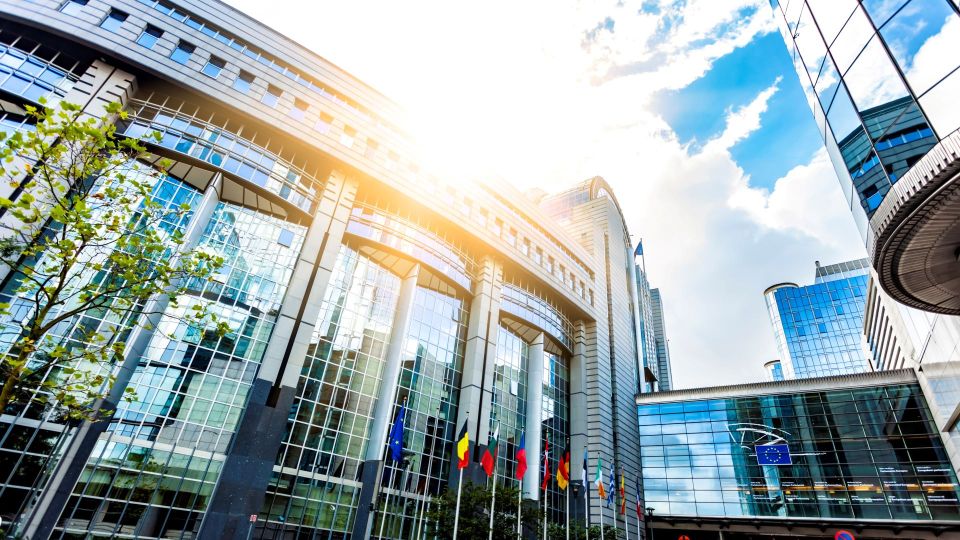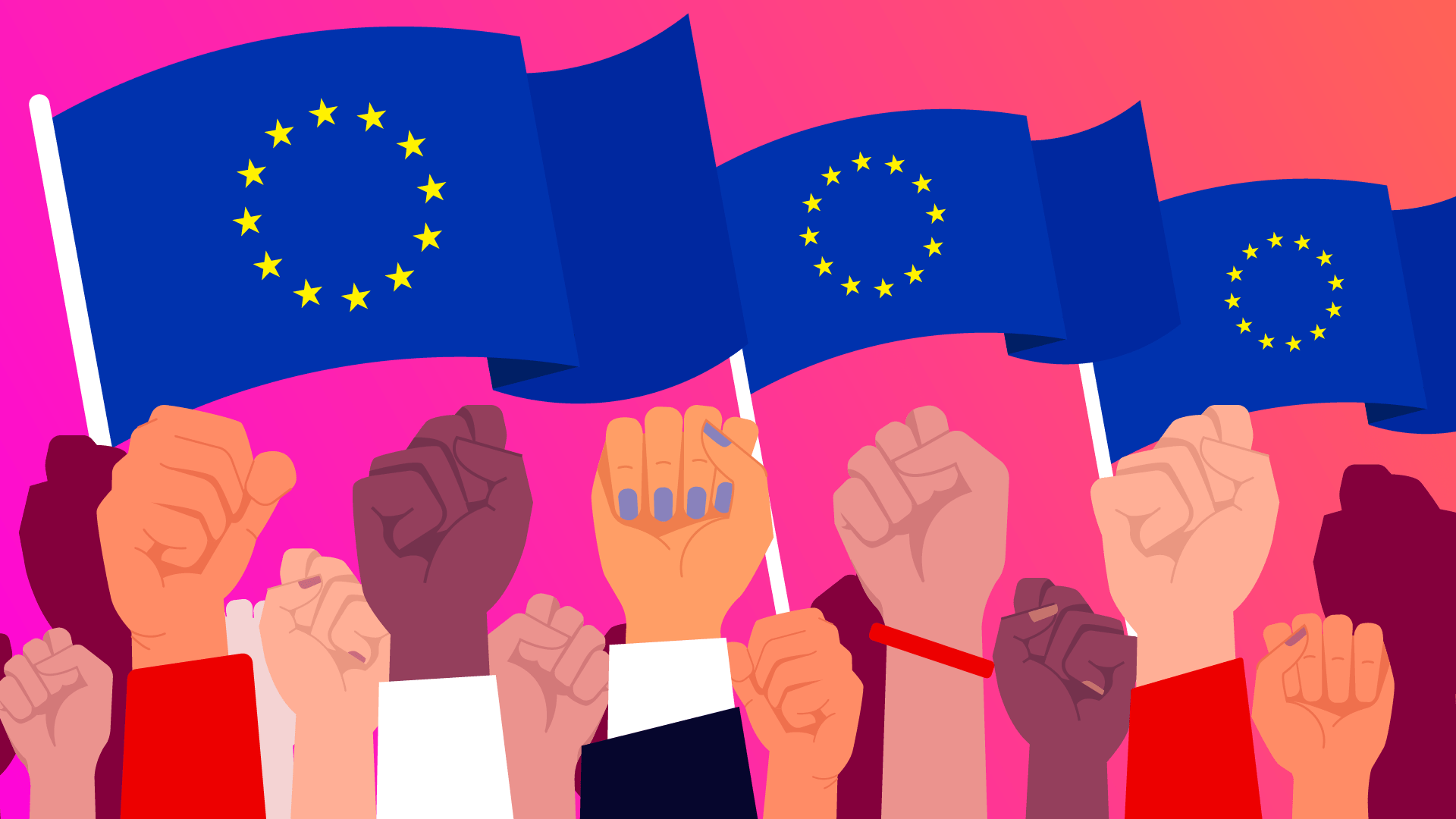
The S&D Group shaped the Conference on the Future of Europe. We fully supported the conclusions of the Conference, as proposed by the citizens’ representatives, defining a new economic and social model after the pandemic by making Europe more social, sustainable and fair, guaranteeing gender equality and respecting social rights.
We supported the role of the European Ombudsman to hold the EU institutions to account. We also supported new rules for the Ombudsman to give the office a broader mandate and to give it the power to launch its own inquiries and propose solutions, in particular in cases of repeated, systemic or particularly serious instances of maladministration.
We gave our full support to the launch of the European Network of Civil Society, thanks to the cooperation of S&D members, and in close contact with the board of the network, especially Solidar. We also fought to include representatives of the European Network of Civil Society on the Executive Board of the Conference on the Future of Europe, as observers, and to give them a voice in plenary discussions. One-third of each of the European Citizens' Panels of the Conference was made up of young people (16-25 years) and an equal proportion of young people were among the Panel ambassadors, who relayed recommendations to Conference plenaries and discussed with MEPs, national politicians, Commissioners and other members from EU bodies and civil society.
We supported several European Citizens’ Initiatives, channeling the voices of millions of citizens asking for European legislative action. We supported the 'Save bees and farmers' initiative which called for a reduction in the use of pesticides. We also promoted the European Citizens’ Initiative on 'Good clothes, fair pay' which addressed unfair practices in the garment and footwear industries.
We rejected any kind of discrimination against people with disabilities and gave our support to women and children with disabilities. We were the most vocal political group in the fight against all forms of discrimination on the grounds of sexual orientation. We built a large majority in favour of a resolution on 'Digital divide: the social differences created by digitalisation', calling for services to offer both digital and non-digital solutions. Thanks to our work in the petitions committee, the European Parliament adopted a resolution calling for harmonised rules on standard dimensions for carry-on luggage, which should prevent airlines from making undue profits from hidden, add-on fees imposed on passengers.
The S&D Group championed specific changes to the Treaty, including a commitment on social progress being written into the Treaties, as well as changes to health policy, taxation, investment, the fight against climate change, anti-discrimination policies and strengthening the Article 7 procedure on the rule of law. Amending the Treaties is about strengthening the EU's capacity to improve people’s everyday lives.
The S&D Group consistently highlights the fundamental role played by civil society in pluralist and democratic societies. More than ever, civil society is under pressure. Civil society organisations, non-governmental organisations (NGOs) and human rights defenders are increasingly being attacked throughout the European Union. The S&D Group gives a voice to ordinary citizens. By supporting citizens’ and NGOs’ petitions, we have given them a platform to raise their worries and concerns, and to identify potential shortcomings in how EU law is being applied.
By calling for the Conference on the Future of Europe, we established an innovative model for citizens' panels so that the conclusions of all discussions were directly representing citizens' priorities. Civil society played a leading role in the Conference (represented on the governing body) and also had a voice in plenary sessions. The European Parliament and the S&D Group set up multilingual digital platforms that made sure that there was direct contact between citizens, civil society organisations and local elected representatives.
We have been vocal about the fact that the civic space in several member states is shrinking. We have been calling for a specific EU Civil Society Strategy to underline the EU’s commitment to protect and support civil society, and to fill the gaps that exist when it comes to monitoring the state of civil society, and supporting and protecting it where required.
Through the Petitions committee, we have advocated for the full inclusion of people with disabilities in society and the strengthening of their fundamental rights through initiatives such as the European Disability Card to allow access to various public and private services. The S&D Group has also supported and promoted petitions on environmental protection, public health, biodiversity, protection of the eco-systems and sustainable development in line with our general commitment to the Green Deal. We are addressing people’s concerns in regions and cities in cases related to inappropriate working conditions, unlawful waste disposal, water and air pollution and the negative impact of large infrastructure projects. For European Citizens’ Initiatives that have not managed to gather over one million signatures, we have made sure the issues are given the time and consideration they deserve as regular petitions that can be heard, analysed and given a proper follow-up in the European Parliament.

